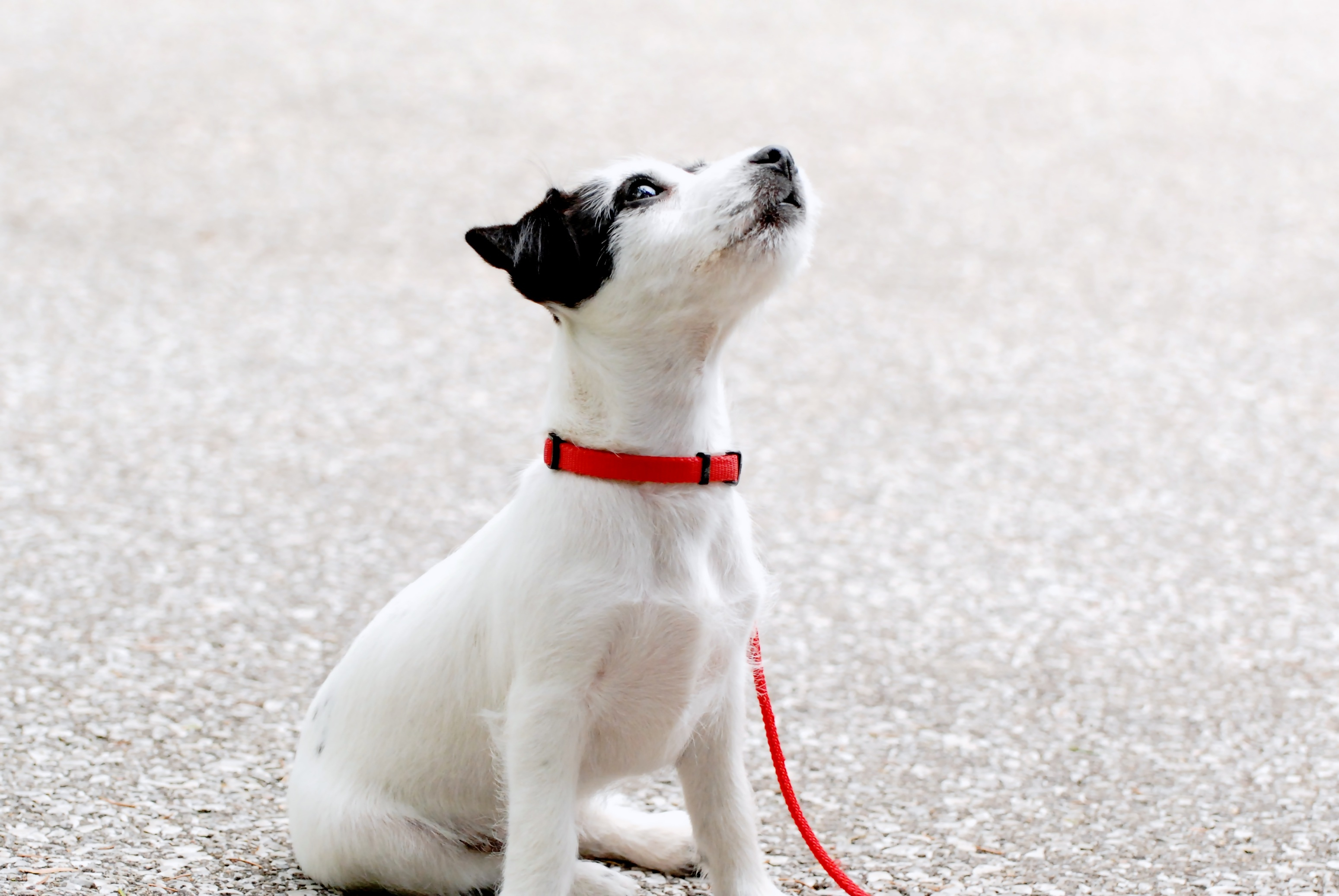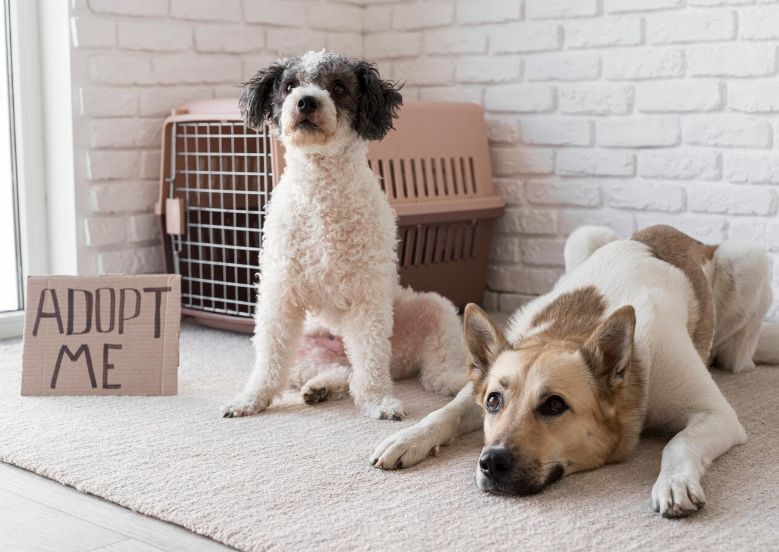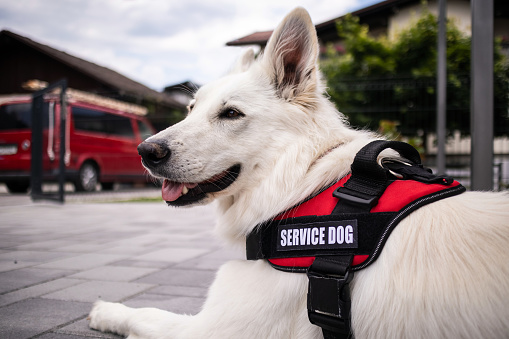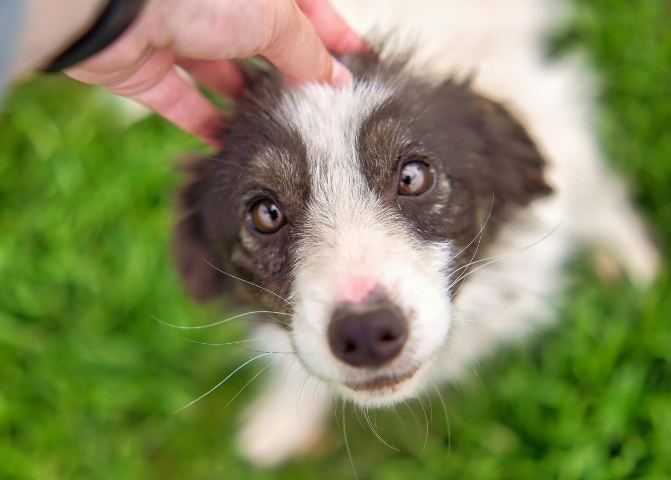
New dog owners and experienced dog handlers may find it challenging to deal with puppy barking. The barking may be caused by many factors some of which we will list below. It is important to understand that barking and wining are usually in response to stress and you should dedicate time to find out the cause for it. Dog owners should be patient and calm in order to help their furry friend grow into a confident and emotionally stable dog. Here are the most common reasons for puppy barking and advice on how to respond:
Fear of being left alone
Whenever you bring a puppy home it is likely to be stressed due to the new home and departure from its mom and brothers and sisters. The lack of body contact can be very traumatic for some dogs. We recommend placing a bottle of hot water in their bed that will simulate the warmth of their mother’s body.
In order to combat the fear of separation, try to leave the house for brief periods at first and then extend the period of absence gradually. Avoid energetic interaction with the dog after coming home. That way the dog will get used to you leaving the house for extended periods.
Boredom
The puppies might become vocal when they are bored in order to attract attention and start an interaction with you or your family members. Ignore the barking for as long as you can and then calmly enter the area where the puppy is and just pretend that nothing unusual is going on. Do not interact with the puppy immediately.
We recommend providing your dog with plenty of toys as well as consider buying a Kong. That is a type of toy that is made of strong rubber so it can be chewed. You can put treats inside that the dog can acquire after playing with the Kong. Also, you can use a small bottle with water to spray the puppy or throw a toy in the vicinity of the puppy so its attention is diverted.
Stress
Many puppies can be stressed by loud noises and too many unfamiliar people around them. Sometimes the puppies can feel overwhelmed when you have too many guests at home for Thanksgiving for example. The signs of stress-induced barking include wining, drooling, and low energy. The stressed puppies may even go into hiding to evade unwanted attention.
We recommend that you do not overburden the dog with loud noises and let a swarm of kids go over to the puppy to play with it. The puppies may feel especially threatened when someone is playing rough with them. Remember to show affection through calm behavior, gentle rubs, and treats.
Social barking
During the growing process, the puppies may bark alongside other dogs that are barking. It is a form of social interaction and feeling a part of the pack so to speak. This type of barking is usually short term and you should not yell at the dog when this occurs. Instead, you can provide a toy for the dog to divert its attention.
Excess energy
Barking puppies may signal a desire to play when they have excess energy. The easiest solution here is to just engage with them for a while if possible. Playing with the puppy after it signals its readiness to interact will build a stronger connection with the owner and trust. However, if you are working from home and the puppy is looking to play, it is best to demonstrate your affection for a short moment and then command the animal to leave while you are busy. You might want to look into buying an Automatic Dog Toy Ball Launcher that the dog can use to release some energy when you do not have the time to play with the dog.
Barking at visitors
Dogs are territorial animals and can feel uncomfortable with strangers in the house. Barking at visitors is often a way for the dog to protect its territory and owners. There are a few ways to deal with this type of barking. First, you could distance the dog from the visitors by using a baby gate and that should provide some time for the dog to get used to the visitors. Second, you could hug the dog so it feels secure and protected and let it slowly calm down. Third, you can issue a verbal command like "Stop" and if the barking stops you reward the dog with treats. A good idea is to divert the dog's attention by using toys. It could be beneficial to let the dog sniff the visitors so it comes to know them and subsequent visits are not accompanied by loud barking. This should not be applied to all visitors though.
Barking at passers
If your dog is barking from the window or next to the door when people and motor vehicles pass by your house, it is likely that the dog is simply bored. Many dogs often try to peek through windows and cracks in the fence when they hear strange and loud noises. That type of barking is usually directed at other dogs as a form of social communication and an attempt to intimidate them. These types of situations can be easily recognized early and require some investment from the dog owner to prevent and fully discourage.
Whenever the dog is about to bark at someone/something outside the ears perk up, the dog's posture becomes stiff and the eyes are wide and focussed. You should call the dog to your side whenever this happens and reward the dog with treats, just remember to adjust the meals afterward. If your dog is not responding to your calls try tossing a toy next to the dog so it gets distracted.
It is a good idea to close your curtains so the dog can't see outside, but some dogs could learn to pull the curtains apart. If your dog is pushing the curtains apart then install blinds that open from the top or put a white opaque window film on the window glass so you still get light coming in but the dog can't really see outside. We recommend that you take out the dog for walks regularly so the dog can get used to the noises and people outside which is likely to be the best solution when your dog is barking inside the house.
Stay active
Exercises and basic obedience training from an early age might be the best ways to train your dog to be confident and calm in the later years of its life. We recommend training the dog using treats, body contact, and distinct vocal commands combined with patience. That way the dog is not likely to resort to barking which might turn into a bigger problem later on. Barking is a natural part of the dog’s behavior and you should pay attention to the triggers for that behavior so you can react accordingly.












